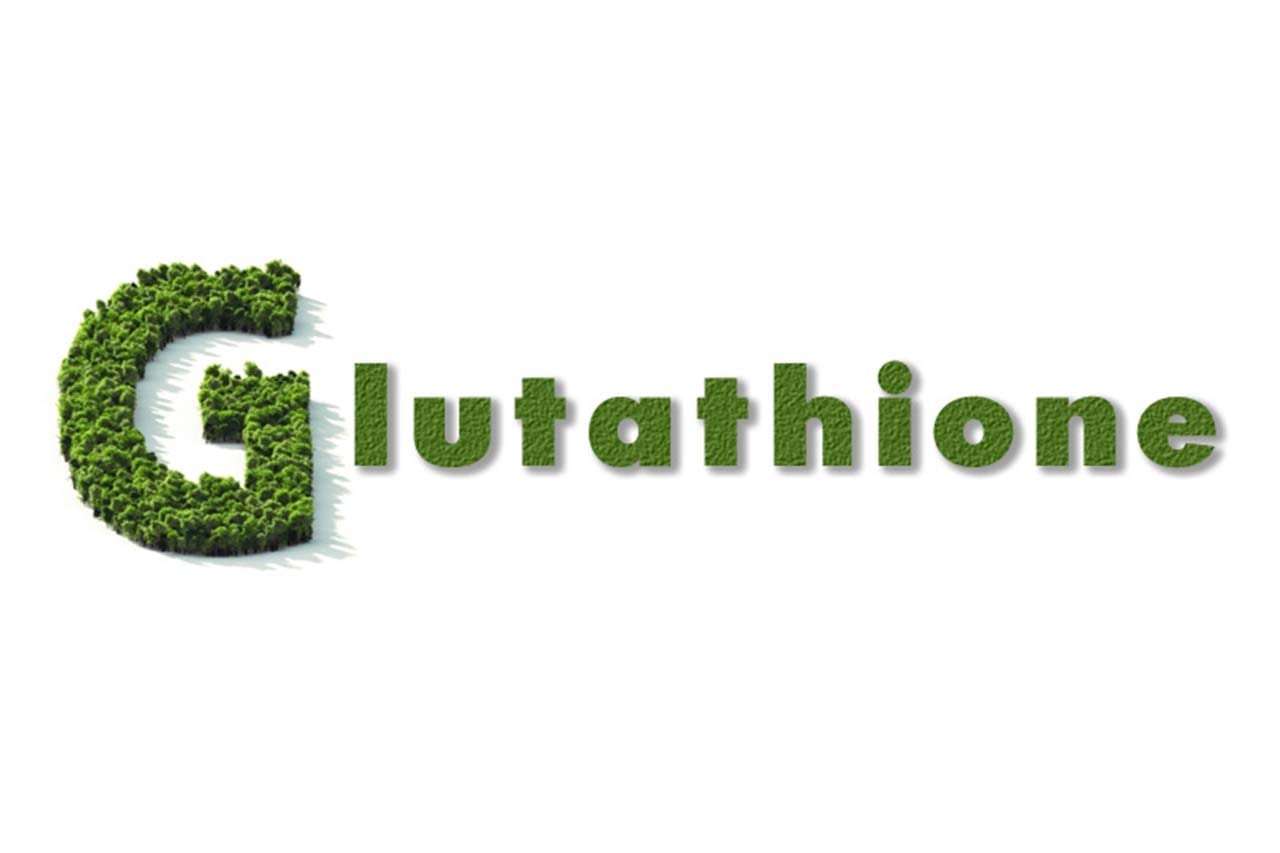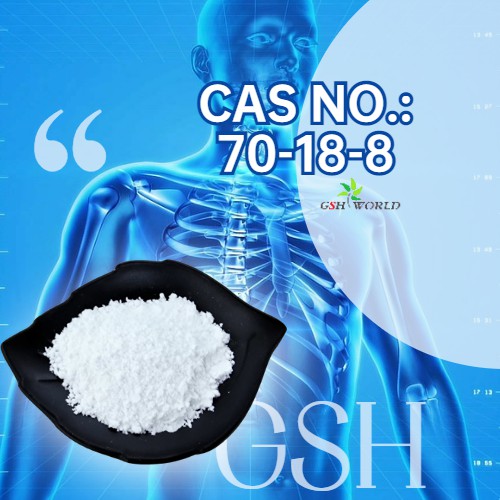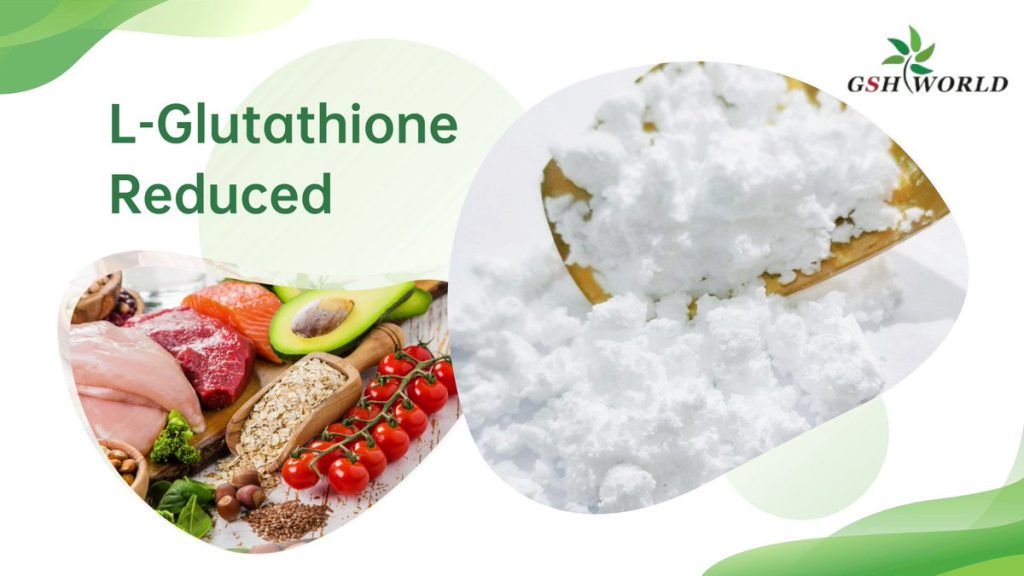Sometimes referred to as the body’s main antioxidant, glutathione plays an important role in almost all systems and organs and is essential for processes such as protection, energy production, hormonal balance, and detoxification.
Antioxidants and free radicals have become household words. Free radicals are widely regarded as a force against healthy aging, while antioxidants are the supporting force.
The body produces GSH on its own, but certain modern lifestyle factors can cause GSH levels to be less than ideal.
Supplements may help, but finding the right supplement, delivery system, and dosage is not as simple as most nutraceuticals.
What is glutathione?
Glutathione is a small protein called a tripeptide that is made up of three amino acids: glycine, cysteine, and glutamate (aka glutamate).
Some call it a master antioxidant because it plays an important role in the body’s ability to use and recycle other antioxidants, such as vitamins E and C, coenzyme Q10, and alpha-lipoic acid.
GSH comes in two forms: oxidized glutathione (GSSG, or inactive form) and reduced glutathione (GSH or L-glutathione, active form).
What does glutathione do in the body?
Glutathione plays a role in most body processes.
Inadequate amounts can cause many discomfort and potential health problems, and lower GSH levels can stem from genetic factors, diet, lifestyle, and age.
Here are a few examples of the fundamental role of GSH in human health.
Support healthy aging
Low levels of glutathione are associated with premature cell death (also known as apoptosis), while high levels are associated with longevity.
When the body has enough glutathione, it can help maintain energy levels,
promote a healthy inflammatory response, support cognitive activity, and normalize metabolic function.
Antioxidant support
Antioxidants known for their healthy aging benefits, as they help protect your body from oxidative stress or free radical damage.
A certain amount of free radicals is inevitable and normal – the body naturally produces energy and releases free radicals as a byproduct of this process.
Free radicals are electron-missing forms of oxygen that are highly reactive to everything they come into contact with, including healthy cells and DNA.
Antioxidants basically help counteract this normal exchange between cells and free radicals and help mitigate their damaging effects.
Glutathione binds to and neutralizes oxidizing compounds such as carbon radicals, hydroperoxides, superoxides, nitric oxide, peroxynitrites, and lipid peroxides.
Boost energy production
Mitochondria are the energy producers of every cell and rely on GSH for protection.
When free radicals damage mitochondria, their activity becomes blunted, and they cause further oxidation of the mitochondria.
Decreased mitochondrial function greatly exacerbates feelings of fatigue, weakness, and health challenges.
Helps maintain proper detoxification
Perhaps the most remarkable effect of glutathione is how it supports detoxification.
Specifically, GSH is essential for the second stage of detoxification,
where it directly acts on harmful substances in the body that partially broken down during the first stage, such as heavy metals.
This process is called coupling and is carried out by glutathione.
These four functions of GSH are just some examples of the key roles it plays in the body.
Several factors can cause depletion of glutathione levels, such as harmful substances in the body,
daily stress, genetics, excessive use of alcohol or other substances, smoking, and aging.
Should you take a glutathione supplement?
While serum GSH tests exist, they tend to be expensive and highly specialized.
Some integrative medicine doctors may determine that low levels of GSH may associated with underlying health problems, anxiety, difficulty sleeping, daily stress, and metabolic problems.
As always, diet is an important first step to increasing and maintaining GSH levels by consuming foods rich in selenium, sulfur, zinc, and alpha-lipoic acid precursors.
Cruciferous vegetables (kale, arugula, broccoli, cauliflower, cabbage), liver, beef, oysters and other seafood, eggs, and Brazil nuts are all examples of foods rich in these nutrients.
Direct glutathione supplementation can tricky because not all forms well absorbed.
So far, most practitioners recommend liposomal GSH or other pure glutathione products.




